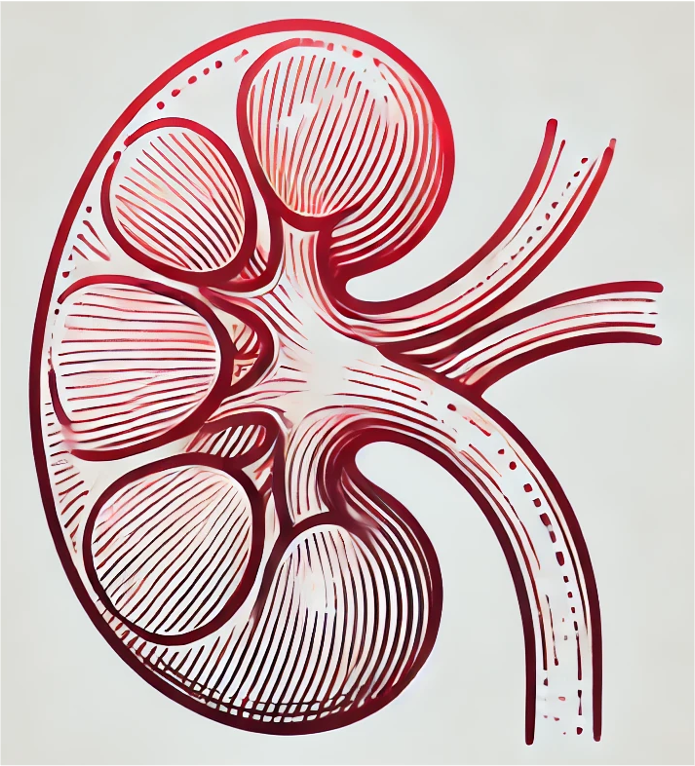Description
Introduction: The effects of Uromodulin on the innate immune system remain uncertain. Mice with a cysteine to phenylalanine mutation (C105F) in the UMOD gene homologous to a pathogenic human mutation demonstrate high levels of circulating uromodulin following ischemia reperfusion kidney injury, increased markers of immune tolerance and improved kidney repair. We hypothesized that this may occur through interaction of circulating uromodulin with dendritic cells.; Materials and Methods: Dendritic cells were isolated from WT and C105F mutant mice and used to compare gene expression using RNA sequencing. In vitro motility and efferocytosis assays were used to verify phenotypic changes predicted from affected pathways.; Results: RNA sequencing demonstrated increased expression of scavenger receptor and motility associated genes. In vitro assays demonstrated that mutant uromodulin increased activation of the NF-kB pathway compared with WT protein and that mutant dendritic cells had increased migration and efferocytosis compared with WT cells.; Discussion/Conclusion: Dendritic cells from mutant C105F mice display gene expression and phenotypic changes associated with increased scavenger receptor expression, motility and efferocytosis. These results suggest a possible mechanism of DC regulation by circulating uromodulin that may affect tissue repair following injury.
Overall Design
To understand the interaction between dendritic cells and elevated levels of circulating uromodulin following ischemia reperfusion kidney injury from mice with a cysteine to phenylalanine mutation (C105F) in the UMOD gene, and their role in increased immune tolerance and improved kidney repair.
Curator
yq_pan
